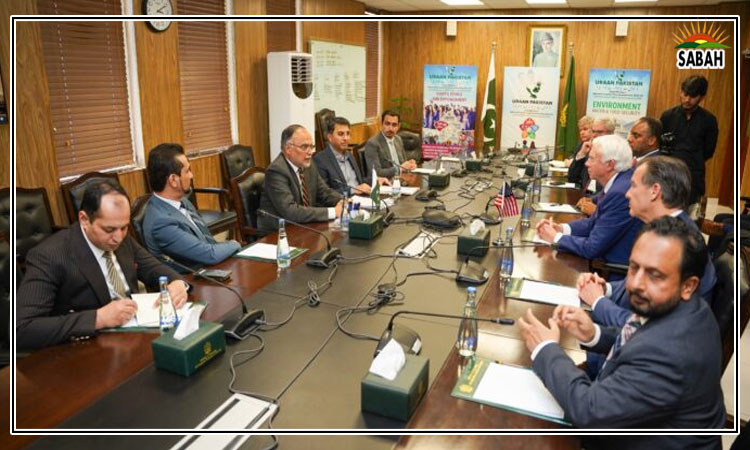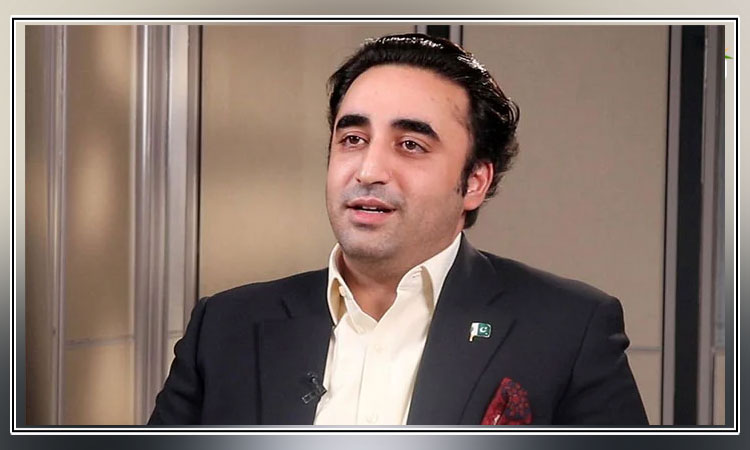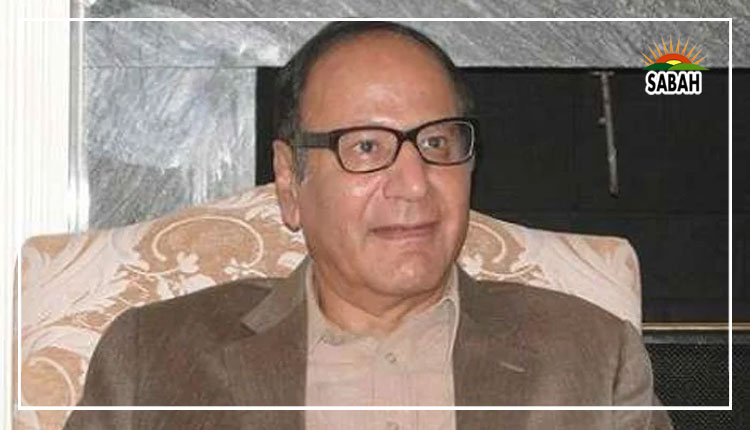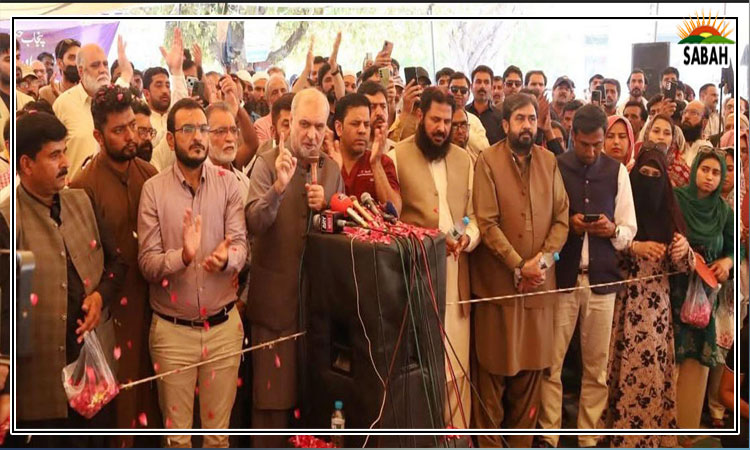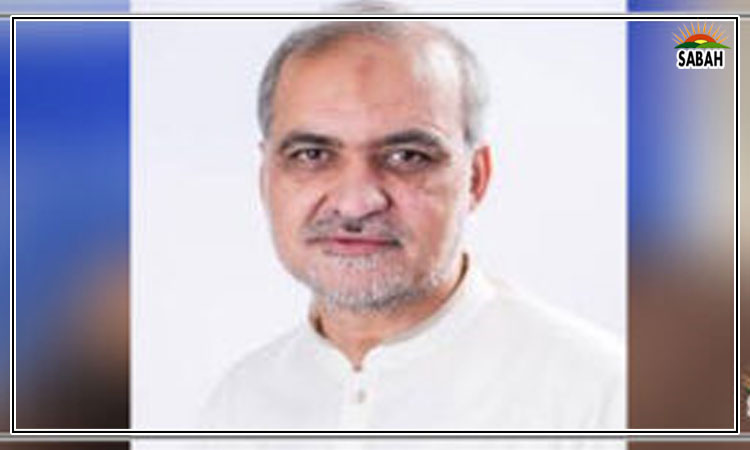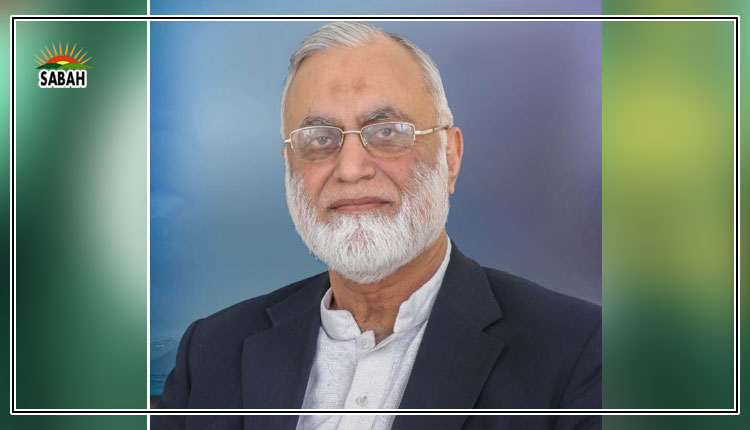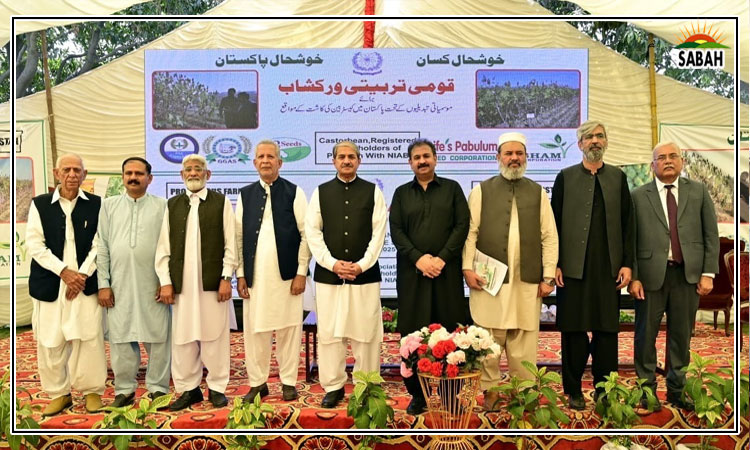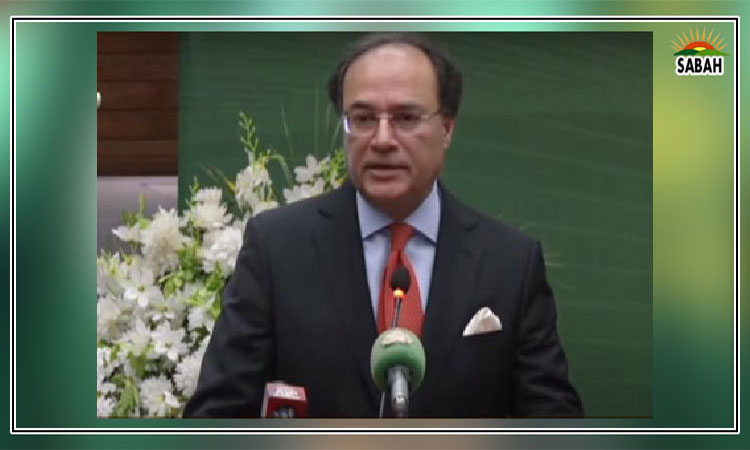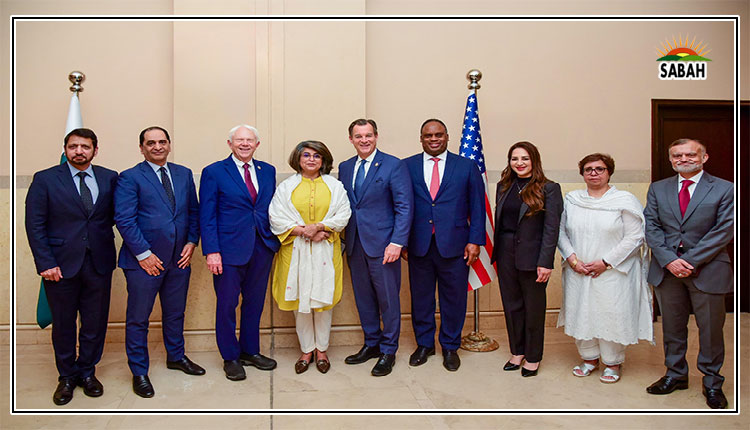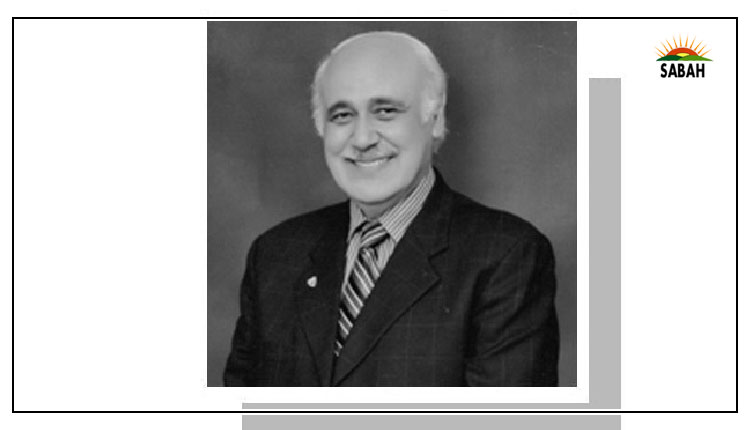Vacuous governance….F.S. Aijazuddin
ARE Pakistanis justified in regarding Islamabad as superfluous to their governance?
Do they need a president? The present incumbent perches in a gilded cage, his wings clipped by the 18th Amendment. Even his power to stall approval to legislation has been circumvented by the government. It waited until he went on Haj and then got an acting president to sign off in his stead.
Do they need such an obese cabinet? At the last count (March 2023), it comprised 34 federal ministers, seven ministers of state, four advisers to the prime minister and 39 special assistants to the prime minister, making it perhaps the largest mute chorus since independence.
Save for some voluble ministers to whom publicity is akin to oxygen, what do all these personages do except act as a paid claque whenever the lead tenor sings his solos at cabinet meetings?
The PACs bite should be more fearful than its bark.
When was the last time the public heard from their ministers of Poverty Alleviation & Social Safety, or National Health Services, Regulations & Coordination, or National Food Security and Research, or Science and Technology, or Inter-Provincial Coordination? Their vow of silence would be better served in a Trappist monastery.
Does the country need 342 MNAs and 100 senators when, like the pope, they have no legions to enforce their writ? Nothing could illustrate the degree of parliaments emasculation better than the recent exchange between the Public Accounts Committee (PAC) and the State Bank of Pakistan (SBP).
Conventionally, the PAC is headed by the Leader of the Opposition. Technically, it should function as a watchdog and occasionally the bloodhound of our national finances. Its bite should be more fearful than its bark.
Similarly, the State Bank is autonomous, charged with overseeing the nations financial sector. It has formidable punitive powers. Instead, it has become an apologist for well-connected borrowers.
According to a report of the PAC/SBP meeting on July 5, it was disclosed that during the PTI governments tenure, textile, cement, tyre and auto industries took $3 billion [in rupee equivalent] in loans under the refinancing scheme at a five per cent interest rate.
The PAC asked the governor SBP for details of the 620 people who had taken loans on such sweetheart terms. It was told that private banks had provided almost 85pc of the financing, the textile sector at 42pc being the major beneficiary.
When pressed to disclose the names of specific borrowers, the governor SBP replied that while he had the list of borrowers, the details of the loans were confidential between the banks and customers. He added that instead of making the list of borrowers public, it would be appropriate to hold an in-camera briefing of the committee. The PAC obligingly agreed.
Whose interests, one may ask, are the SBP and PAC safeguarding? Those of innocent depositors, or of the 620 borrowers too shy to have their names made public?
The amount lent to these 620 borrowers is equal in dollar terms to the $3bn stand-by facility made miraculously available by the IMF. Understandably, the local IMF staff before taking the matter to their board sought assurances from the major political parties that this facility had their broadest ownership, since some will form the next government and the rest carp from the opposition.
This unprecedented initiative by the IMF flies in the face of its declared neutrality, not to favour any political party but to negotiate with whichever party forms the next government. Hitherto, governments have complained that IMFs insistence on political stability as a quasi-condition amounted to interference in the countrys internal affairs. Today, the government is silent on the IMFs novel outreach to its impatient opponents.
Has anyone in the IMF, though, considered whether these summer promises are binding. Will they be honoured after the post-election winter sets in, and by whom?
While no one would fault the IMF or other lenders (the Saudis, the UAE and the Chinese) for wanting to protect their money, surely what matters is not who today promises to repay, but if elected how and when?
Remember, elections can be tricky, unpredictable things. Winston Churchill won World War II for the Brits in 1945, then lost the general election months later.
Will the next parliament try to assert its sovereignty and demand a say in the IMF deal? Some believe that Pakistan forfeited that sovereignty decades ago when, in 1955, it agreed to join the US-led Baghdad Pact (later Cento). Others believe the erosion of its sovereignty, like global warming, will remain an ongoing process.
When $3bn equivalent can be lent by local banks to 620 faceless borrowers, and $3bn is having to be borrowed by the state from the IMF, Pakistanis deserve something better than vacuous governance from Islamabad.
The writer is an author.
www.fsaijazuddin.pk
Courtesy Dawn, July 13th, 2023


